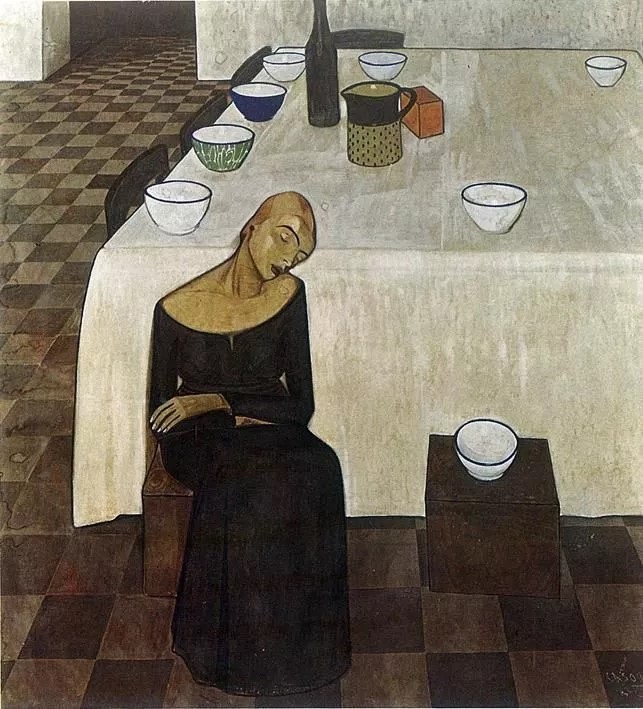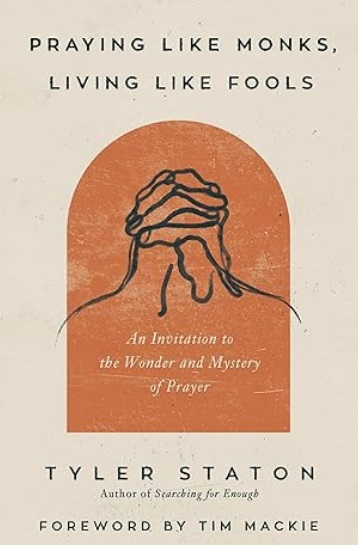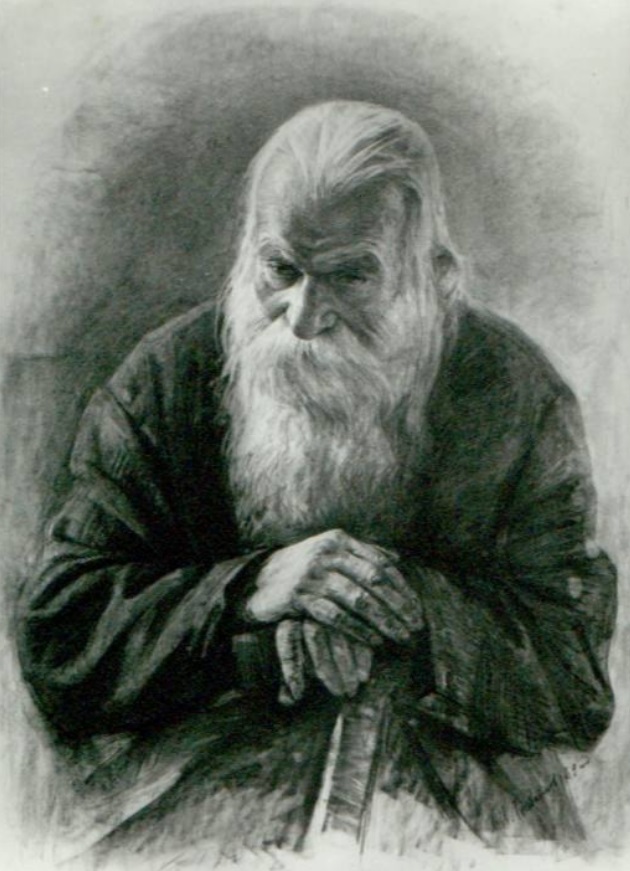A brand new study from researchers at UC San Francisco and published in Scientific Reports finds a link between increased body temperature and depression.
The novel finding raises more questions than it asks, but the questions certainly are potentially fruitful.
Read NeuroScience’s great piece for a broader overview, but here’s the gist:
The researchers analyzed over 20,000 participants, internationally, over a seven month period and found that with each level of increasing depression severity, people had higher body temperatures.
Why?
Totally unclear.
And it’s also unclear whether depression raises body temperature or whether a higher temperature caused depression.
That’s another big question.
But as researchers at UCSF note, it could explain why some studies have suggested hot tubs or saunas can ease depression severity. Perhaps, UCSF notes, by triggering the body to self-cool through sweating.
If that’s the case, then you can certainly see how the case for a sauna could be bolstered, while triggering novel approaches to dealing with the problem.
By the way, I’ve noted on this blog about the extensively observed, well-researched “psychogenic fever,” where stress affects body temperature.
These patients develop high core body temperatures when exposed to emotional, stressful events, and it’s not yet entirely understood why, although chronically-stressed animals show similar spikes in temperature.
I came across the topic a few years ago when I was trying to get to the bottom of my own “fevers of unknown origin” (as doctors commonly call it).
If I wasn’t sick, why did I keep getting fevers?
As anyone with anxiety might (or should or shouldn’t do), I typed “anxiety fevers” and shockingly, a lot of research has been done, and there’s plenty of anecdotal stuff on discussion boards, as well.
Many doctors are unaware of the phenomenon, so it’s definitely worth looking at.
But again, it’s absolutely imperative you rule out with doctors other causes of fever before chalking it up to anxiety (or now, we’re learning, possibly depression).
So back to the new study — it’s an exciting one, because even though both the relationship and mechanisms are unclear at this point — there’s a lot of promise in new, potential therapies and future research.
Finally, if you’re struggling with depression (as I do!).
For readers from the United States….
Find a psychiatrist here.
Find a therapist here.
For readers, internationally, please seek help from a local resource.
If you’re having thoughts of harming yourself or others, please call the National Suicide Lifeline at 1-800-273-8255.
[Painting: Midsummer, Albert Joseph Moore, 1887]








